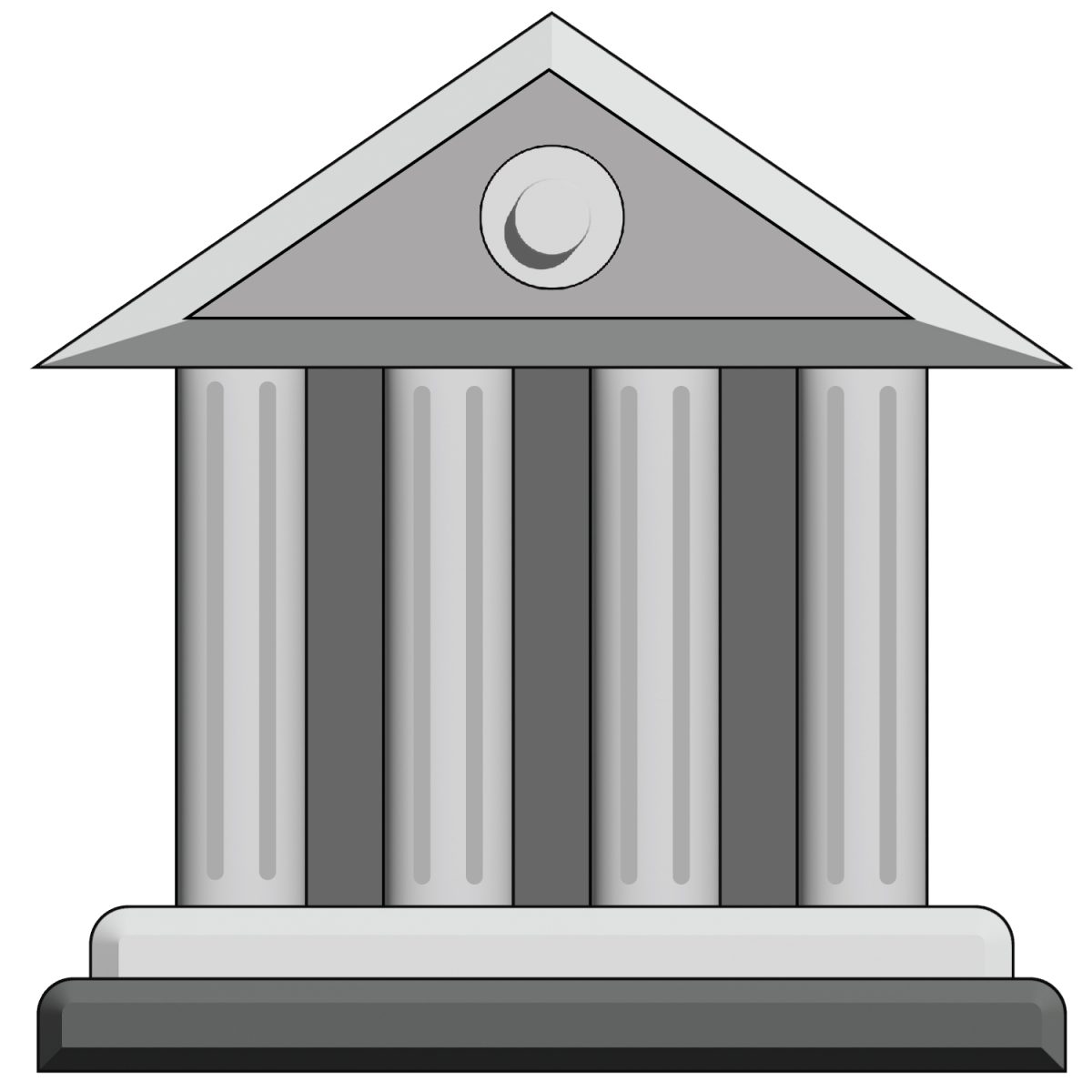The Supreme Court’s first code of ethics was released on Monday, Nov. 13 to limited support. The code was adopted to bolster the public’s confidence in the court after several months of allegations that various justices were toeing the line of ethics regulations.
The code, which was agreed to by all nine justices, is derived from an existing code of conduct that applies to lower court but has been adapted to fit the “unique institutional setting of the Supreme Court.”
The code states that Justices should, “maintain and observe high standards of conduct in order to preserve the integrity and independence of the United States.”
Many Americans are critical of the code of conduct, stating that it fails to explain how the new code works and who would be enforcing it.
Retired U.S. District Judge and current executive director of the Berkeley Judicial Institute Jeremy Fogel said the careful wording of the ethics code and its introductory statement suggest the justices approached it as if they were crafting an opinion, instead of a legal code they are required to follow.
Sarah Lipton-Lubet, president of Take Back the Court Action Fund stated on X, formally known as Twitter, “With 53 uses of the word ‘should’ and only 6 of the word ‘must,’ the court’s new ‘code of ethics’ reads a lot more like a friendly suggestion than a binding, enforceable guideline.”
Many Americans are not happy about the code of ethics, with many news stations reporting that the code has no means of enforcing punishment against the justices and is operating on an “honor system.”
Due to the lack of enforcement, individual justices decide whether their conduct complies with the code. There is no procedure or assessment explained for the consequences of violating the code.
The document states that the justices will continue to rely on the Office of Legal Counsel regarding matters of “recurring ethics and financial disclosure issues,” but no mention has been made of what the repercussions of violating this order would be.
Amanda Frost, a law professor at the University of Virginia, stated “The primary problem is how to give these rules teeth, especially in light of the fact that there have been repeated violations of these very rules.”
Previous violations include participating in fundraising events and failing to disclose gifts by Justice Clarence Thomas and the use of Supreme Court staff members to help boost book sales by Justice Sonia Sotomayor.
Amid criticisms, the justices have maintained that they had always adhered to thelower court ethics standards, and criticisms against the court over prior ethics concerns was the product of misunderstandings, rather than any missteps by the justices.
In an unsigned statement that accompanied the code, the Supreme Court wrote, “the absence of a Code, however, has led in recent years to the misunderstanding that the Justices of this court, unlike all other jurists in this country, regard themselves as unrestricted by any ethics rules. To dispel this misunderstanding, we are issuing this Code, which largely represents a codification of principles that we have long regarded as governing our conduct.”
In Sept. of this year, Justice Elena Kagan admitted the justices had disagreements over the contents in the code but did not mention what sections of the code were contested.
Amid the publication of the new code of conduct, public trust in and approval of the court is hovering near record lows with only 41% of Americans favoring the court.
Supreme Court Adopts New Ethics Code
1




